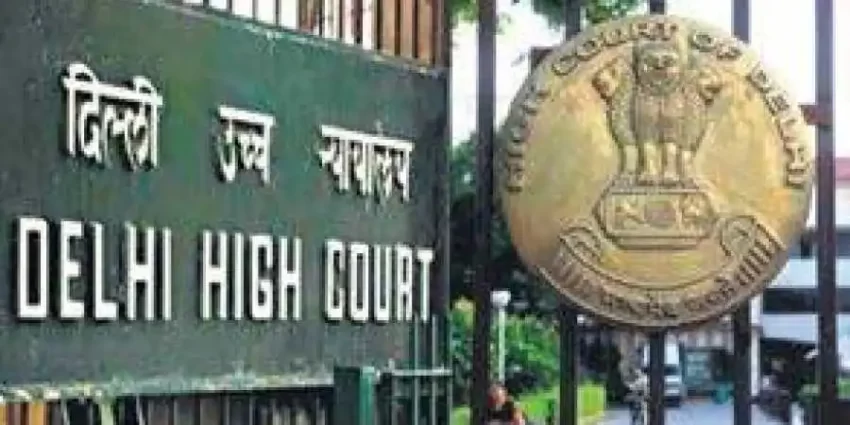Published On: March 11, 2023 10:54 IST
New Delhi: The Delhi High Court has observed that although it would be desirable to treat cases of “teenage infatuation” and “voluntarily living with each other” differently, courts, however, can’t do much until the law is changed. The court said this while permitting charges to be framed against a man accused of rape even after the minor victim claimed that it was a consensual relationship.
A single judge bench of Justice Swarana Kanta Sharma in its March 6 decision observed, “… though it may be desirable that the cases of teenage infatuation and voluntary living with each other, eloping with each other or maintaining relationship, such as the present case, are dealt with on a different footing, the court’s hands are tied as far as framing of charge is concerned till any amendment is carried out by the wisdom of the Parliament of this country, if deemed appropriate”.
The High Court was hearing a 2018 plea by the prosecution against Additional Sessions Judge, Karkardooma Court, order of October 26, 2017, discharging the man booked for kidnapping (Section 363), rape (Section 376) under Indian Penal Code (IPC) and punishment for penetrative sexual assault (Section 4) under Protection of Children from Sexual Offences (POCSO) Act.
The father of the victim had lodged a missing person’s complaint based on which a First Information Report (FIR) was initially registered under Section 363 (kidnapping) of the IPC in August 2017.
The victim herself came to the police station and informed that she had developed a liking for the man and had left with him on the pretext of visiting her relative’s house, but had stayed with him in the house of his friend and both of them had planned to get married. She stated they had a consensual physical relationship in her statement before the magistrate under the Code of Criminal Procedure where she said that she had voluntarily gone with the man on several occasions.
The trial court had considered the victim’s statement and discharged the man.
The HC perused the provisions of IPC and POCSO that the age of consent for a sexual relationship is 18 years. “Reading of Section 375 of IPC also makes it clear that sexual intercourse with a minor girl below the age of 18 years amounts to rape even if the minor has given her consent for the same,” the HC noted.
The HC said that although there is no doubt that the victim has completely exonerated the man from every allegation, the court recognised that the victim was over 14 years of age on the date of the incident which had been recorded by the trial court as well. The High Court said that since the victim is a “child” under POCSO, her consent for a physical relationship is of no consequence and can’t help the man.
With respect to the offence of kidnapping, the HC said that the victim had stated that she had become friends with the man and hence the “essential ingredient of the act of enticing” under kidnapping is not present.
“Thus, in view of the aforesaid, the present petition is allowed to the extent that charges be framed against the respondent/accused for offences punishable under Section 376 of IPC and Section 4 of POCSO Act,” the HC directed.



